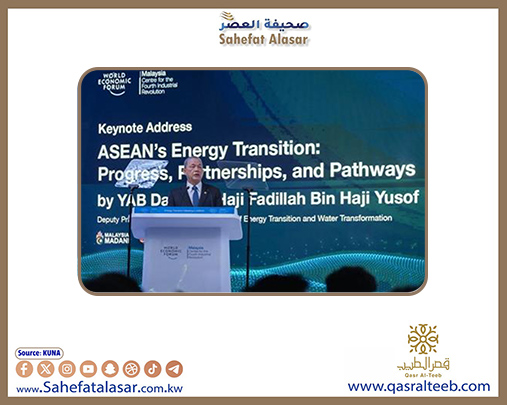


Malaysian Deputy Prime Minister Dato' Sri Fadillah Yusof, who also serves as Minister of Energy Transition and Water Transformation, stated during his opening address at the "ASEAN Energy Transition: Enhancing Regional Cooperation" conference that ASEAN member states require over $3 trillion in investments by 2050 to achieve their energy transition goals. The speech was delivered at the 46th ASEAN Summit in Kuala Lumpur.
Key Points from the Address:
National Requirements:
Malaysia alone needs >$143 billion for renewable energy targets
Highlights "the simple but profound reality that public financing alone is insufficient"
Financing Reforms Proposed:
Create enabling environments for private investment through:
✓ Coordinated policy reforms
✓ Innovative mechanisms (blended finance, public guarantees)
✓ Risk mitigation for early-stage projects
Market Development:
Strengthen capital markets via:
• Green bonds
• Islamic sukuk
• Sustainability-linked loans
Implement carbon pricing reflecting "true emission costs"
Digital Transformation:
Smart grids
AI-powered forecasting
Demand management systems to enhance grid resilience
Malaysia's Domestic Progress:
Renewable Energy Supply Program enabling corporate PPAs
Central Bank's Low Carbon Transition Fund for SMEs
Alignment of climate ambition with trade competitiveness
ASEAN-Level Recommendations:
Establish unified energy market with:
→ Common investment frameworks
→ Harmonized technical standards
→ Coordinated green financing
Contextual Notes:
The 46th ASEAN Summit (including GCC-ASEAN and GCC-ASEAN-China trilateral meetings) opened today with Kuwait's Crown Prince representing HH the Amir
Founded in 1967, ASEAN comprises 10 Southeast Asian nations pursuing economic-political integration
The region aims for carbon neutrality by 2050 but faces public financing constraints
